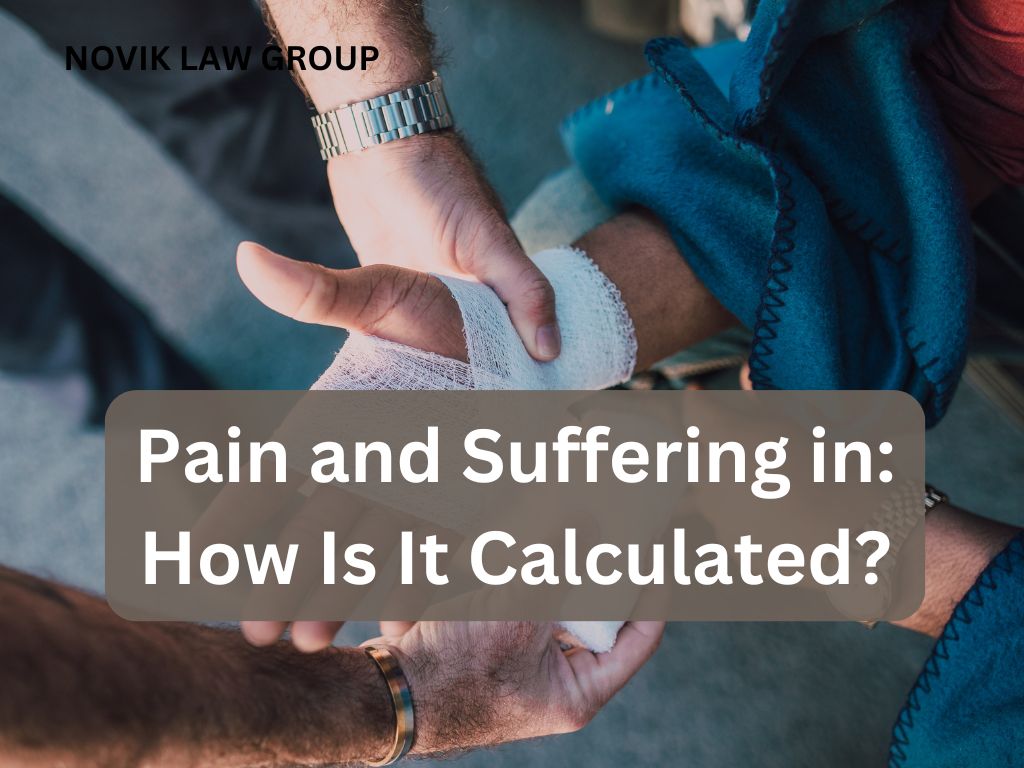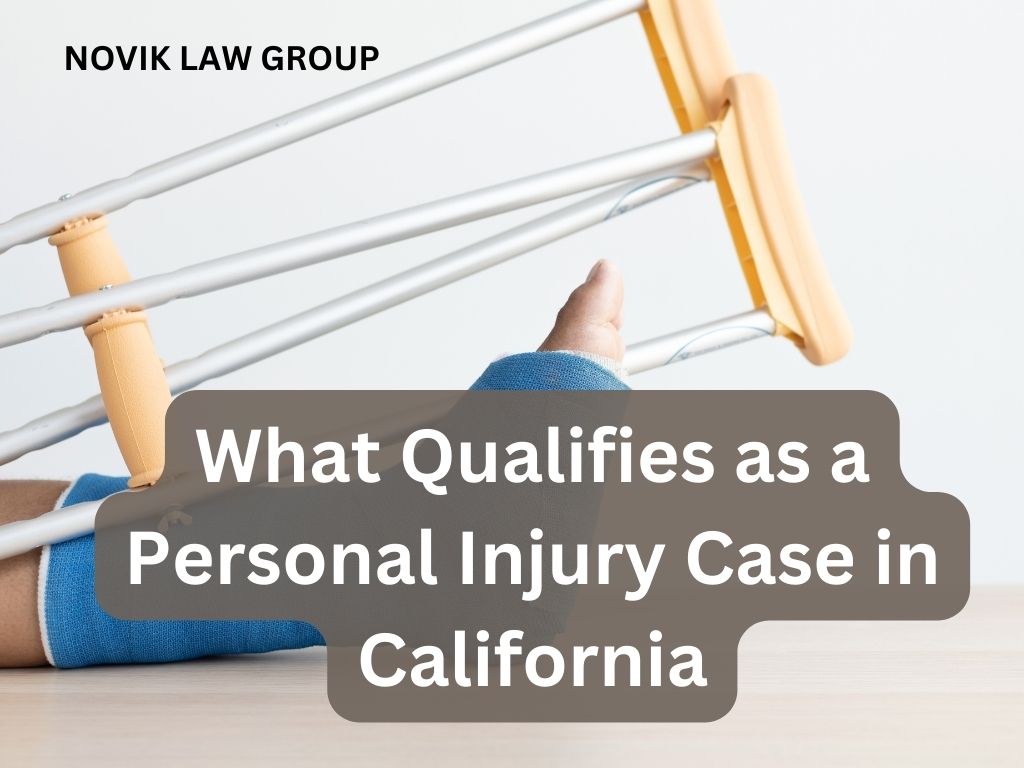California Personal Injury Laws: What You Need to Know Before Filing a Claim

California’s personal injury laws protect people who have been harmed by another’s negligence, recklessness, or intentional actions. Before you file a claim, it’s beneficial to understand how personal injury law in California works, how it’s different from other states, and what you need to do to receive maximum compensation.
What Is Personal Injury Law in California?
Personal injuries in California happen when someone is physically or emotionally harmed. A personal injury lawyer must prove negligence, intentional misconduct occurred, or some cases fall under strict liability, such as from a defective product or dog bite. Any of these three can be used to validate the personal injury claim in a court of law.
How California Laws Differ from Other States
California is different from some other states because it has a pure comparative fault system, which means even if the injured person was 99% at fault, they can still recover some damages. Your claim must be filed within the 2-year statute of limitations from the injury date. California doesn’t have compensation caps, except in medical malpractice cases. These factors significantly affect the amount of compensation an injured person may be awarded compared to other states.
Who Can File a Personal Injury Claim in California?
You or your attorney can file a claim if you were directly harmed in an accident or incident, unless you’re a minor, incapacitated, or deceased. If you’ve been hurt in a car crash, a slip-and-fall accident, an incident at work, by a defective product, or due to an intentional act like an assault, your lawyer can file your personal injury claim.
Key Elements of a Personal Injury Claim
The foundation of a personal injury claim includes duty, breach, causation, and damages. Your lawyer must prove the defendant had a duty to act with reasonable care. Next, it must be proven that the duty was breached because of negligence, recklessness, or intentional misconduct. The lawyer must link the breach to your injury and show actual harm and damages occurred, proving it with medical bills, lost wages, pain, and suffering.
Compensation You May Be Entitled To
The compensation awarded to you after you file a personal injury claim in California is intended to make you “whole” again. The amount can include damages for measurable losses like medical bills, therapy, and time you missed work. It might include non-economic damages for pain and suffering. In legal cases where intentional harm or gross negligence occurred, punitive damages are sometimes awarded to ensure the defendant is held accountable.
How Fault Is Determined in a Personal Injury Case in California
Proving fault in a personal injury case in California means showing that the accused failed to act responsibly, showing the failure directly caused the injury, and determining if the responsibility should be divided among various people. Once your lawyer proves negligence and causation, the court uses the state’s comparative fault system to determine each person’s percentage of blame. If you’re found partially at fault, you can still be compensated, but your award might be reduced based on your share of responsibility.
FAQ
While no single settlement amount applies to every California case, minor injuries might result in an award of a few thousand dollars, while catastrophic injuries or complicated liability issues could generate settlements of six figures or more. Each case’s value depends on the specific facts, evidence, and damages involved. The court typically considers medical costs, lost income, and the extent of the person’s pain and suffering when making a final decision about compensation.
You need the following to make a personal injury claim in California:
- Duty of Care: You must show the other party had a legal responsibility to act safely.
- Breach of Duty: You need to prove their responsibility was broken through negligence, recklessness, or intentional misconduct.
- Causation: The breach must have caused your injury.
- Damages: You must show actual harm that resulted from the injury.
- Evidence: Medical records, accident reports, photos, or witness statements can serve as proof of the damage and your injury.
- File Within the Statute of Limitations: In California, you have 2years from the date of injury to file your claim.
- Comparative Fault: Even if you share some blame, you can still recover damages, but your award will be reduced by your percentage of fault.
Most personal injury cases in California are settled before they go to trial. Your odds of receiving compensation are already high if your claim is valid. While court cases are won about 50% of the time in personal injury cases, having an experienced Personal Injury Attorney like ours at Novik Law Group means they will gather strong evidence, negotiate hard with insurance companies, and navigate California’s comparative fault laws for you to reach the highest possible settlement.
If your loved one died due to an accident, a Los Angeles car accident lawyer like ours at Novik Law Group can file for compensation and get justice for them by recovering damages for funeral expenses, medical costs, lost income, as well as the emotional toll it has taken on your family. Give us a call today so we can help.
NO UP-FRONT COSTS!
If you think hiring an attorney is too expensive, think again! By following our legal advice, our clients pay zero fees and have zero out-of-pocket costs until we win or settle their case. Guaranteed.


